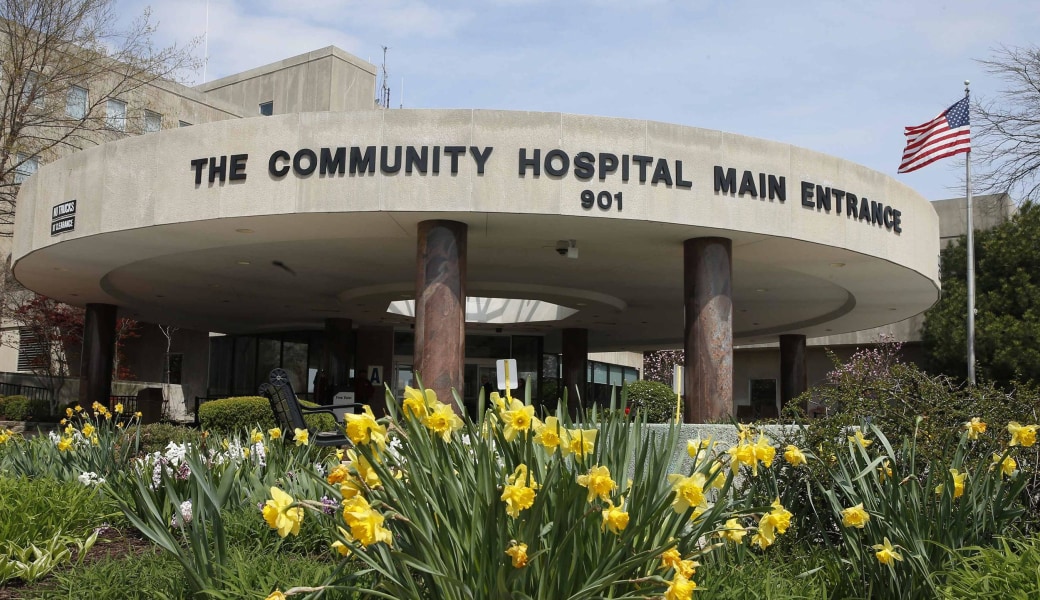Source: Reuters - Sun, 18 May 2014 12:00 PM
By Sharon Begley
NEW YORK, May 18 (Reuters) -
The biggest risk that Middle
East Respiratory Syndrome will become a global epidemic, ironically, may
lie with globe-trotting healthcare workers.
From Houston to Manila, doctors and nurses are recruited for
lucrative postings in Saudi Arabia, where MERS was first identified in
2012. Because the kingdom has stepped up hiring of foreign healthcare
professionals in the last few years, disease experts said, there is a
good chance the MERS virus will hitch a ride on workers as they return
home.
"This is how MERS might spread around the world," said
infectious disease expert Dr Amesh Adalja of the University of
Pittsburgh Medical Center.
It can take five to 14 days for someone infected with MERS
to show symptoms, more than enough time for a contagious person to fly
to the other side of the world without being detectable.
Healthcare workers "are at extremely high risk of contracting MERS compared to the general public," Adalja said.
The threat has attracted new attention with the confirmation
of the first two MERS cases in the United States. Both are healthcare
workers who fell ill shortly after leaving their work in Saudi hospitals
and boarding planes bound west.
About one-third of the MERS cases treated in hospitals in
the Saudi Red Sea city of Jeddah were healthcare workers, according to
the World Health Organization.
Despite the risk, few of the healthcare workers now in, or
planning to go to, Saudi Arabia are having second thoughts about working
there, according to nurses, doctors and recruiters interviewed by
Reuters.
Michelle Tatro, 28, leaves next week for the kingdom, where
she will work as an open-heart-surgery nurse. Tatro, who typically does
13-week stints at hospitals around the United States, said her family
had sent her articles about MERS, but she wasn't worried.
"I was so glad to get this job," she told Reuters. "Travel is my number one passion."
So far, international health authorities have not publicly
expressed concern about the flow of expatriate medical workers to and
from Saudi Arabia.
"There is not much public health authorities or border
agents can do," said infectious disease expert Dr Michael Osterholm of
the University of Minnesota. "Sure, they can ask people, 'did you work
in a healthcare facility in Saudi Arabia,' but if the answer is yes,
then what?"
Healthcare workers are best placed to understand the MERS
risk, Osterholm said, and "there should be a heightened awareness among
them of possible MERS symptoms."
Neither the Centers for Disease Control and Prevention nor
the Department of Homeland Security responded to questions about whether
they were considering monitoring healthcare workers returning to the
United States.
SOARING DEMAND
In the last few years, the number of expatriates working in
Saudi Arabia has soared, said Suleiman Arabie, managing director of
Houston, Texas-based recruiting firm SA International, with thousands
now working in the kingdom.
About 15 percent of physicians working in the kingdom are
American or European, and some 40 percent of nurses are Filipino or
Malaysian, according to estimates by recruiters and people who have
worked in hospitals there.
The majority of U.S.-trained medical staff are on one- or
two-year contracts, which results in significant churn as workers rotate
in and out of Saudi medical facilities.
The Saudi government is building hundreds of hospitals and
offering private companies interest-free loans to help build new
facilities. Its healthcare spending jumped to $27 billion last year from
$8 billion in 2008. Building the hospitals is one challenge, staffing
them with qualified personnel is another.
Arabie's firm is trying to fill positions at two dozen
medical facilities in Saudi Arabia for pulmonologists, a director of
nursing, a chief of physiotherapy and scores more.
Doctors in lucrative, in-demand specialties such as
cardiology and oncology can make $1 million for a two-year contract,
recruiters said.
Nurses' pay depends on their home country, with those from
the United States and Canada earning around $60,000 a year while those
from the Philippines get about $12,000, recruiters said. That typically
comes with free transportation home, housing, and 10 weeks of paid
vacation each year. For Americans, any income under about $100,000
earned abroad is tax-free, adding to the appeal of a Saudi posting.
One Filipina nurse, who spoke anonymously so as not to hurt
her job prospects, told Reuters that she was "willing to go to Saudi
Arabia because I don't get enough pay here." In a private hospital in
Manila, she made 800 pesos (about $18) a day.
"I know the risks abroad but I'd rather take it than stay
here," she said. "I am not worried about MERS virus. I know how to take
care of myself and I have the proper training."
None of Arabie's potential candidates "have expressed any
concern" about MERS. Only one of the hundreds of professionals placed by
Toronto-based medical staffing firm Helen Ziegler & Associates Inc.
decided to return to the United States because of MERS, it said, and
one decided not to accept a job in Jeddah she had been hired for.
Recruitment agencies in Manila have also continued to send
nurses to the kingdom since the MERS outbreak, said Hans Leo Cacdac, the
head of the Philippine Overseas Employment Administration. The
government advises that returning workers be screened for MERS, Labour
and Employment Secretary Rosalinda Baldoz said this week.
Expat healthcare workers now working in Saudi Arabia feel
confident local authorities are taking the necessary steps to combat the
spread of MERS in hospitals.
"Just today they came and put up giant posters in our
hospital on MERS," said Dr Taher Kagalwala, a pediatrician originally
from Mumbai who works at Al Moweh General Hospital in a town about 120
miles from Tai'f city in western Saudi Arabia
"I have not heard of or seen any healthcare workers looking
to leave their jobs or return to their countries because of the MERS
panic. If it was happening, there would have been gossip very soon."
(Reporting by Sharon Begley; additional reporting by Manuel P. Mogato in
Manila and Zeba Siddiqui in Mumbai,; Editing by Michele Gershberg and
Ross Colvin)
http://www.trust.org/item/20140518115932-xe07d/?source=reHeadlineStory


 JIM YOUNG / Reuters
JIM YOUNG / Reuters





 This image, provided by Denver International Airport, shows
newly-erected signs warning travelers about the danger of the MERS virus
This image, provided by Denver International Airport, shows
newly-erected signs warning travelers about the danger of the MERS virus 